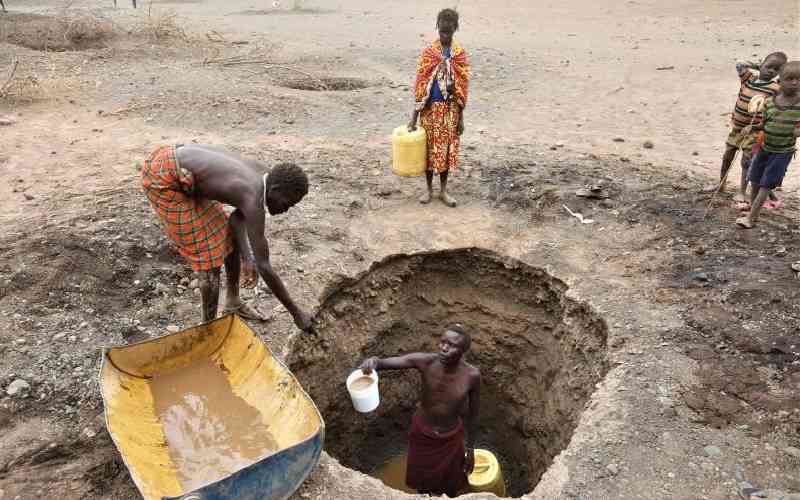×
The Standard e-Paper
Fearless, Trusted News

As the curtain came down on the Africa Climate Summit in Nairobi last week, the immediate reactions were the success and the impeccable work in organising a great meeting.
However, as we give the deserved plaudits to the host, it is equally imperative to discuss the next course of action and ask what must be done to realise the outcomes of the talks.